The Apoio Pulse – Issue 82 – Reminder: NDIS – What’s In, What’s Out, and Why It Matters
Just a quick refresher on the new NDIS Transitional Rules! The government recently outlined what the NDIS will and won’t fund, and it’s vital for us to help participants make the best use of their funding. These lists could affect how participants access and spend their plans, and they’re part of a major shift in defining what counts as an ‘NDIS support.’
Key Changes: Funding with Purpose
Here are some critical updates:
• Applicants must show a need for ‘NDIS support.’ Flexible funding can only be used for approved NDIS supports.
• Non-NDIS Supports: For funding outside this list, participants need NDIA approval.
What’s In?
Several supports are now confirmed as eligible under the NDIS, such as:
• Assistance animals – Includes grooming, medication, and maintenance.
• Assistive products for personal care and safety – Now covering adaptive clothing and maintenance.
• Specialist positive behaviour support – Interim and transitional plans included.
• Home modifications – New provisions for adjustments linked to disability needs.
What’s Out?
Items outside NDIS funding include some familiar categories:
• Everyday Living Costs – No NDIS funding for rent, household insurance, or general items.
• Health Expenses – Excludes private health insurance and Medicare gaps.
• Lifestyle Costs – Exclusions include toys, dating apps, and gym memberships.
• Pets and Personal Care – Funding applies only to assistance animals; items like makeup, tattoos, and non-essential beauty products aren’t covered.
Staying on Top of Compliance
To avoid any hiccups, the NDIA is offering a grace period for small compliance issues—no debts raised for minor errors under $1,500, and providers have 30 days to familiarize themselves with these updates. You can find the full lists and details here:
Access the NDIS Yes and No Lists
Thank you for staying on top of these changes to support participants effectively. Let’s keep it compliant!


